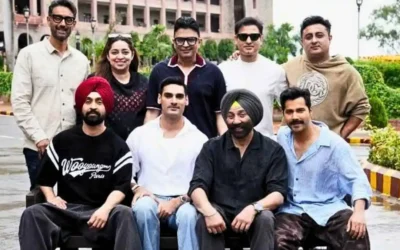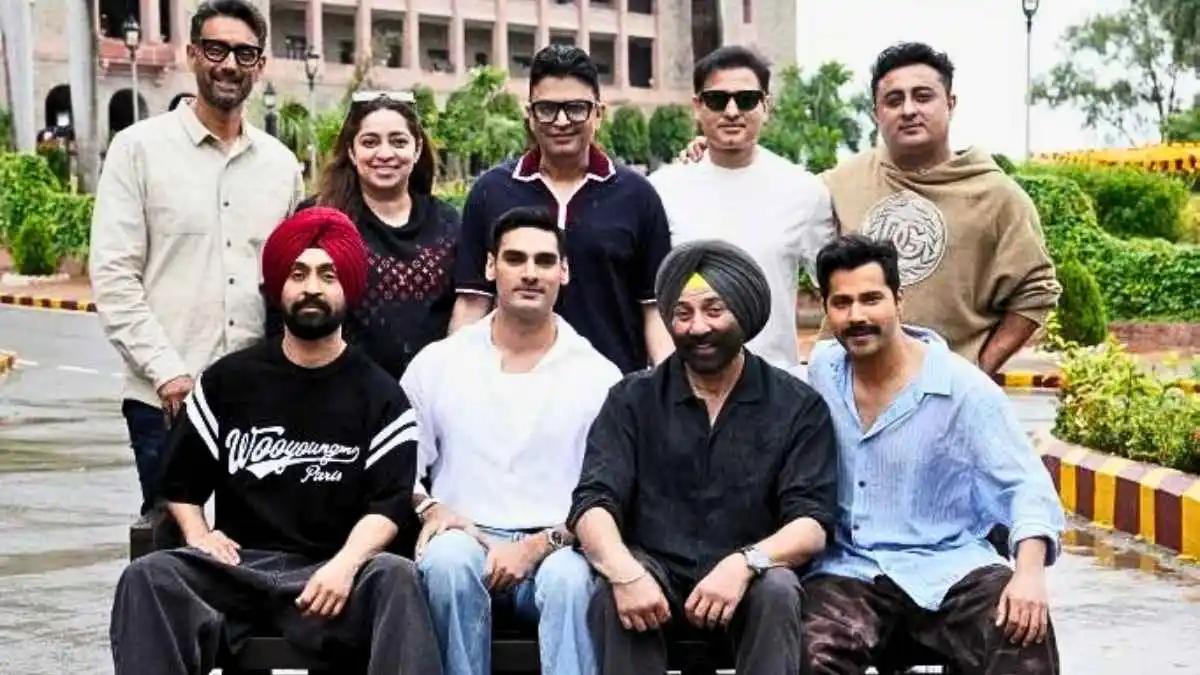From War-Torn Rubble to Cultural Colossus: South Korea’s Rise as a Global Influencer
It is truly amazing how quickly South Korea rose from the ashes of war and dictatorship to become a cultural giant. In just one generation, it has gone from being poor and politically unstable to setting global trends with its captivating shows, catchy music, and cutting-edge technology.
This article details the complicated story of South Korea’s cultural rise, breaking down the historical events, government plans, and internal battles that led to its fantastic rise.

The Turbulent Genesis
The Korean War broke up the Country, both physically and mentally. There wasn’t much of a cultural scene because of widespread poverty and a suffocating dictatorship that was marked by rigged elections and military coups.
Still, even though things were hard, creative ideas were planted. Korean content started to change despite being limited and closely watched. It was influenced by the Country’s strength and desire for freedom of speech.
The global appeal of South Korea’s cultural exports is undeniable.
Through K-pop and K-dramas, South Korea has captivated audiences around the world.
As South Korea continues to rise, it showcases its rich heritage and modern innovations.
South Korea has become a beacon of culture, influencing various aspects of life globally.

Content Evolving in the Shadows
South Korea’s proactive government policies have significantly supported cultural growth.
Despite the shackles of authoritarianism, Korean artistic ingenuity found ways to grow. Literature explored themes of social injustice and national identity, while cinema, though nascent, showed the harsh realities of life under dictatorial rule. Despite its limitations, this early content laid the groundwork for the explosion of creativity that would define Korea’s future.

A Strategic Shift
The Government’s Hand: In the late 1970s, the Korean government, recognizing the potential of cultural exports as an engine for economic growth and national pride, began taking a proactive role.
Policies like banning foreign songs and prioritizing ‘cultural development’ created an environment conducive to domestic content creation. This strategic shift and a focus on export-oriented industrialization laid the foundation for the Korean Wave’s final global sweep.
The Kim Dae-Jung Revolution
President Kim Dae-jung’s cultural revolution in the late 1990s was a watershed time.
He allocated significant resources to nurture the culture industry, establishing arts colleges, film funds, and broadcasting infrastructure. This deliberate investment, coupled with Kim Dae-jung’s focus on democratization and freedom of expression, released a torrent of creativity that propelled Korean content onto the world stage.
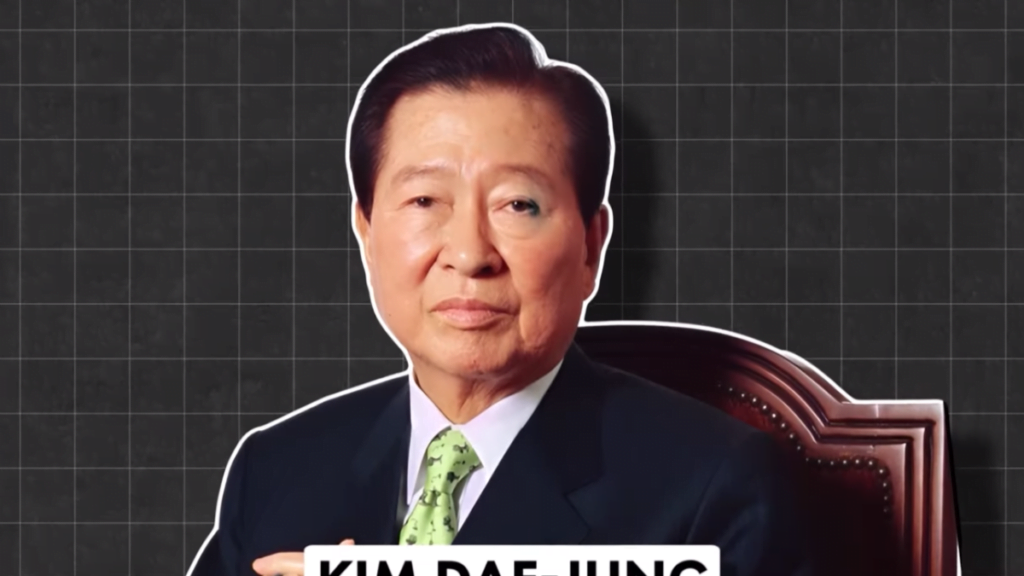

Under Kim Dae-jung, South Korea saw a cultural revolution that changed its global standing.
Global Wave
Riding the Crest of Influence: K-dramas have captured the attention of viewers worldwide with their realistic stories and endearing characters.
Korean dramas, which range from the high-stakes drama of ‘Squid Game’ to the slice-of-life appeal of ‘Hometown Cha Cha Cha,’ give a glimpse into Korean society while resonating with universal themes of love, sorrow, and human connection.
In the meantime, K-pop has swept the globe with its contagious beats, coordinated dance moves, and unquestionable sense of style. Music can bridge language gaps and cultural boundaries, as seen by the success of groups like BTS in uniting people across borders.

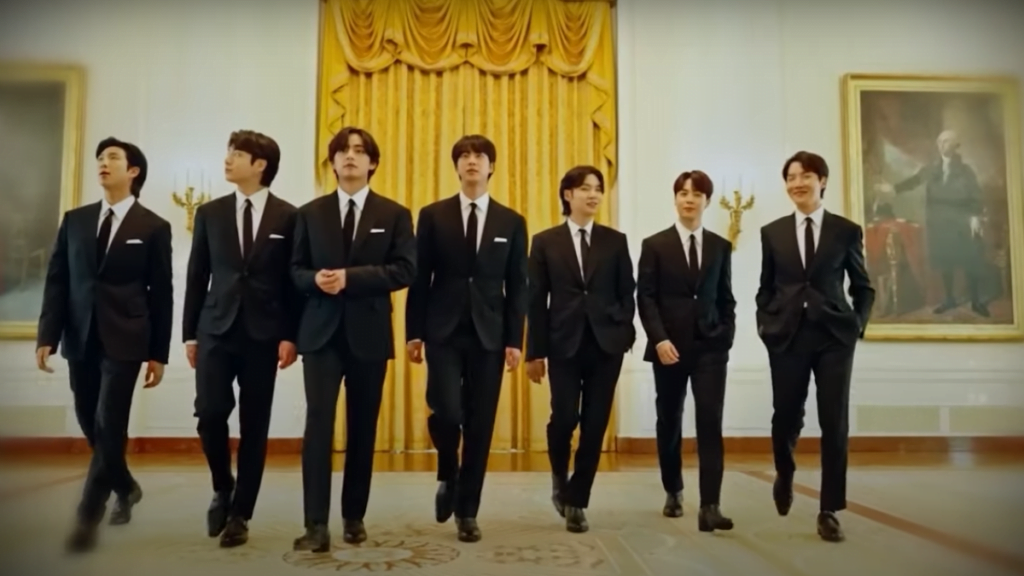
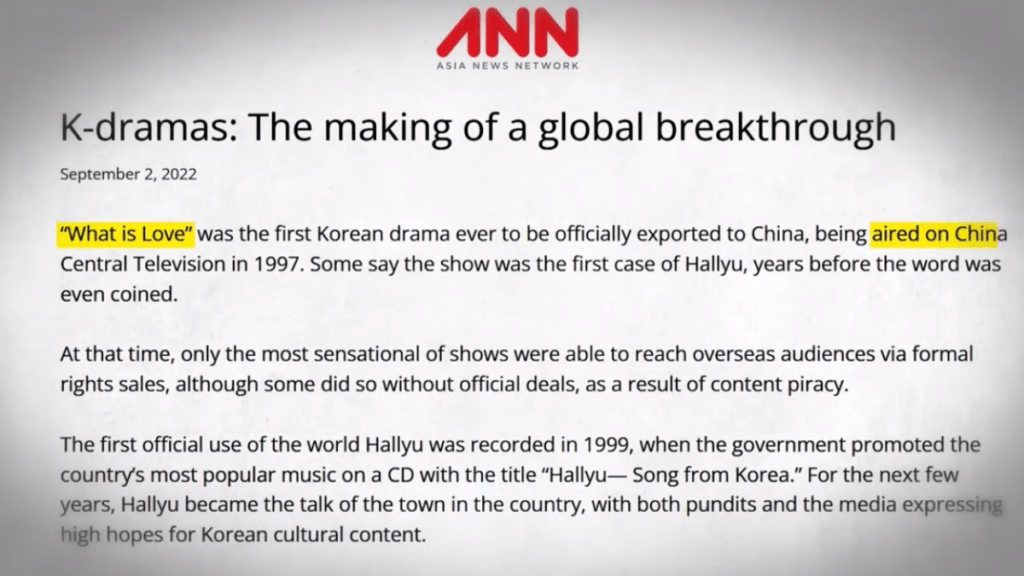
Beyond Entertainment
Soft Power and Beyond
Korean culture has a profound influence that goes far beyond simple amusement. It has increased goodwill and interest in Korean culture, language, and history, strengthening the nation’s soft power.
As a result, the economy has benefited, with tourism rising and Korean companies becoming well-known worldwide. For example, the Korean economy is thought to have gained billions of dollars from the “Gangnam Style” movement.
South Korea continues to export its vibrant culture through various media platforms.
Many fans are drawn to the unique storytelling found in South Korea’s productions.
South Korea’s K-dramas have become a global phenomenon, enchanting viewers worldwide.
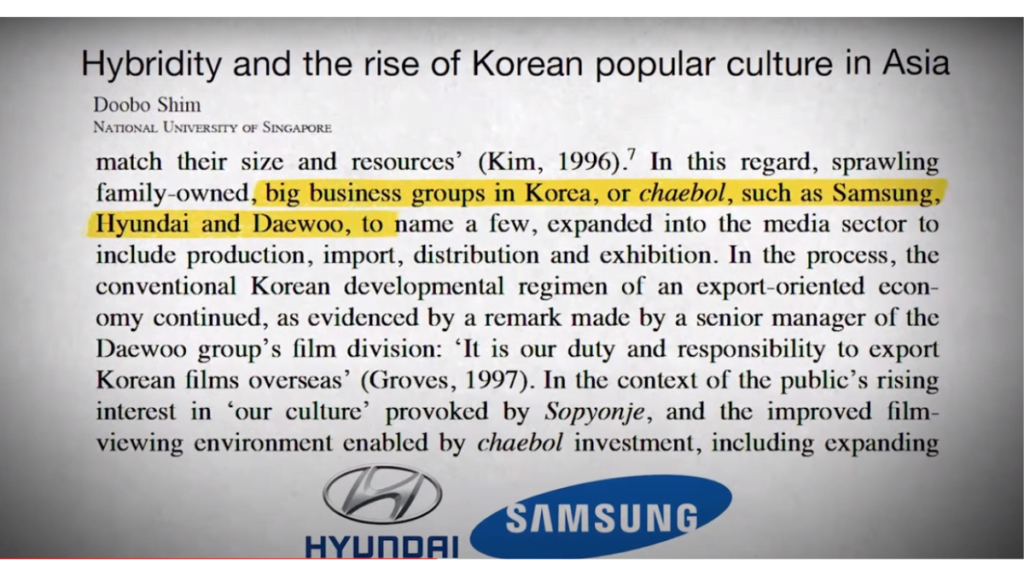
PSY – GANGNAM STYLE(강남스타일) M/V
The TurbuGangnam Style’s billion-view milestone wasn’t just YouTube history but a global phenomenon. Psy’s catchy tune and infectious dance moves took the world by storm, breaking barriers and showing the power of internet virality. From Seoul to Santiago, boardrooms to bedrooms, everyone was doing the “horse dance,” joined by a shared love for this quirky anthem.
It wasn’t just about the views; it was about the joy, the absurdity, and the lesson that sometimes, the best things in life come in unexpected packages. So, raise a glass (or a bottle of soju) to Gangnam Style, the viral hit that danced its way into a billion hearts. lent Genesis
Challenges and Lessons
A Tightrope Walk
Korea’s cultural ascension is not without its difficulties. The nation still struggles with challenges like the concentration of wealth in the entertainment sector, economic vulnerabilities brought on by a few mega-hits, and internal arguments over censorship vs. creative freedom.
Other countries hoping to follow Korea’s success can learn a lot from these difficulties about how crucial it is to balance artistic freedom, economic sustainability, and cultural authenticity.
South Korea’s impact on music and entertainment continues to grow exponentially.
The Gangnam Style phenomenon showcased the global reach of South Korea’s creative industries.
Dhruv Rathee: Rise of South Korea
MrBeast: $456,000 Squid Game In Real Life
MrBeast, the YouTube phenomenon known for his outlandish pranks and extravagant giveaways, earned his internet fame with “456,000 Squid Game In Real Life!” This video, released in November 2021, took the world by storm. It reimagined the deadly Korean drama games, with 456 participants vying for a $456,000 prize.
It wasn’t just the high risks that captivated viewers; MrBeast’s meticulous recreation of the sets, costumes, and even the terrifying doll from “Red Light, Green Light” brought the show to life in a thrilling, non-lethal way.
The video racked up over 547 million views, becoming his most-watched creation and solidifying his place as a master of internet spectacle. From recreating popular TV shows to giving away exorbitant sums of money, MrBeast knows how to grab attention, and “456,000 Squid Game In Real Life!” is a testament to his ability to make the fantastical feel real and engaging.
Despite its achievements, South Korea faces ongoing challenges in the cultural arena.
Critics often discuss the balance between commercialization and authenticity in South Korea’s entertainment.
A Beacon of Inspiration
The cultural development of South Korea is evidence of the transformational potential of human ingenuity. A Country emerged from the ashes of oppression to become a global cultural powerhouse, enthralling people with its stories, music, and technology.
Korea’s story is more than just entertainment; it’s a story of tenacity, aspiration, and an unwavering quest for self-expression. As the Korean Wave rises, its repercussions encourage other countries to support their artistic voices and forge distinctive careers on the international scene.
South Korea’s colorful tapestry enthralls the world as it unfolds. It is a constant reminder that the human spirit can blossom into something remarkable even amid the most challenging circumstances.
The world continues to be inspired by the resilience of South Korea’s creative industries.
South Korea’s story is a testament to the power of culture in shaping global narratives.
